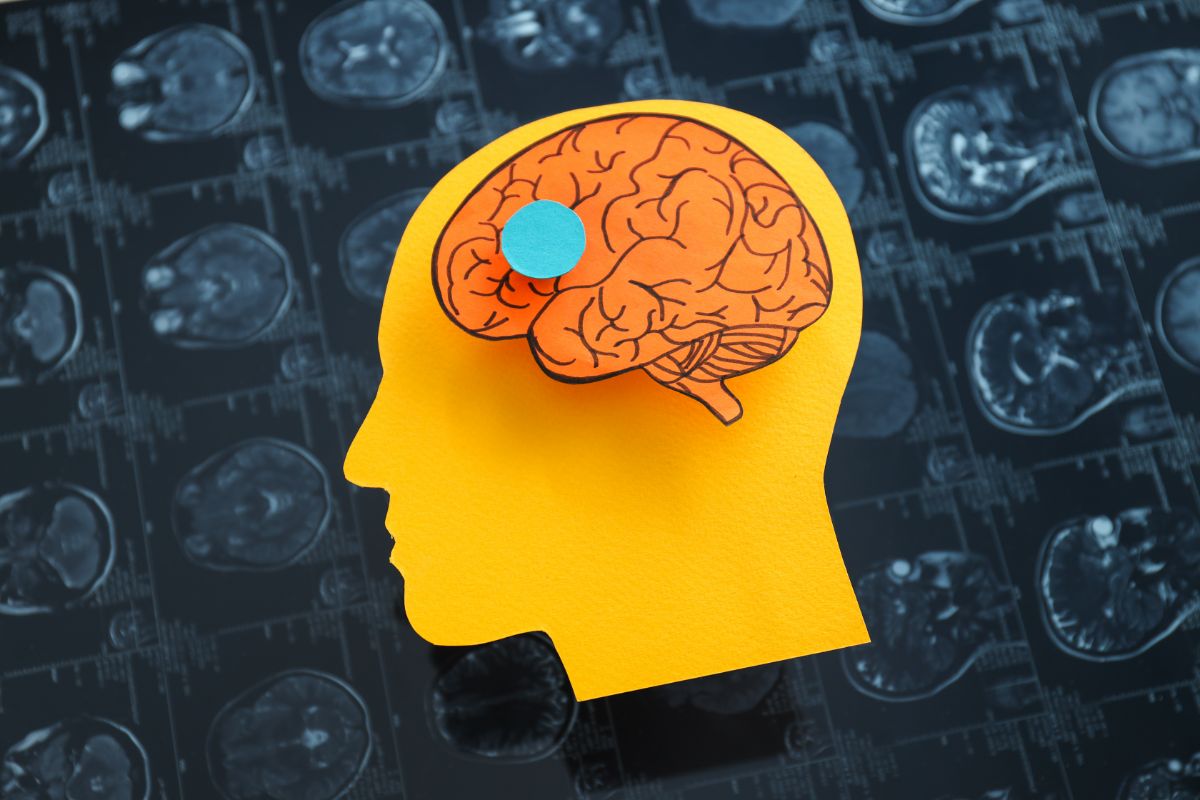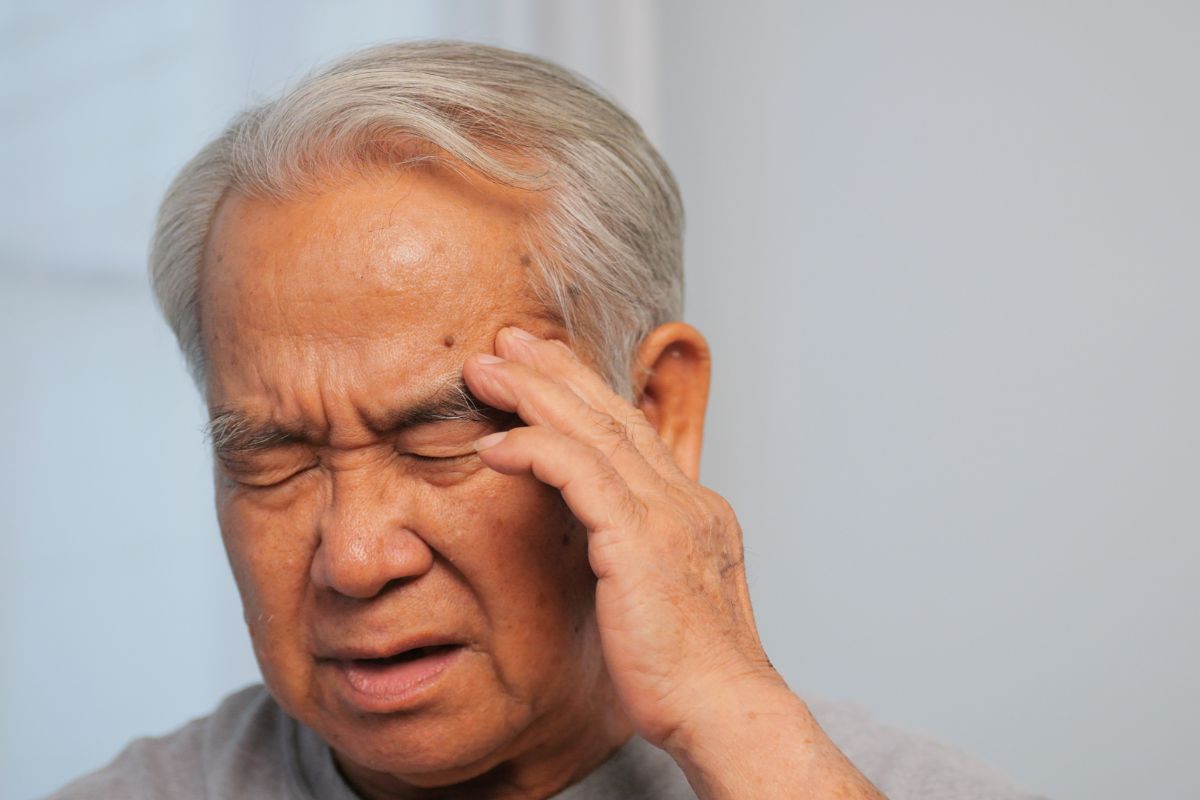Overview
- Various factors contribute to dementia, including neurodegenerative diseases like Alzheimer’s and Parkinson’s, vascular issues, infections, and traumatic brain injuries.
- Substance abuse and genetic factors also play significant roles, impacting memory, cognition, and daily activities.
- Understanding these contributors is crucial for early detection, better management, and exploring treatment options to improve the quality of life for affected individuals.
The World Health Organization defined dementia as an umbrella for various diseases affecting memory, other cognitive abilities, and behavior that interfere with the person’s ability to maintain daily activities.
While it is a usual concern as people age, the underlying causes of this can vary, making it a fascinating research and discovery topic. Having a wealth of knowledge about the causes of dementia is key to detecting the early signs and exploring potential medication choices.
Fortunately, natural supplements like Bacopa Monnieri exist and can be a valuable ally in managing brain health. Renowned for its neuroprotective properties, it may help combat cognitive decline by supporting memory function and protecting brain cells from damage.
In this article, we will take a closer look at the diverse factors that contribute to the onset of dementia.
Neurodegenerative diseases are collective brain conditions that cause nerve cells in the brain and spinal cord to die or stop working. They disrupt brain functions, which cause memory loss, confusion, and conflicts with everyday tasks. This group of cognitive disorders refers to the following:
The most common cause of dementia, Alzheimer’s occurs due to amyloid plaques and tau tangles that disrupt neuron communication. This leads to progressive memory loss and cognitive decline.
Parkinson’s can cause dementia as it degenerates dopamine-producing neurons, affecting motor function, mood, and cognition. Over time, memory, attention, and decision-making abilities decline.
A genetic disorder that breaks down nerve cells in the brain, Huntington’s impairs thinking, memory, and movement. As it progresses, cognitive decline and dementia symptoms develop.

A stroke can increase the risk of developing vascular dementia by reducing blood flow to the brain. When brain cells are deprived of oxygen and nutrients due to a stroke or multiple small, unnoticed strokes, cognitive functions like memory, reasoning, and decision-making can gradually decline. This damage can lead to vascular dementia, a condition where impaired blood circulation results in progressive cognitive impairment.
Individuals affected may struggle with attention, problem-solving, and organizing thoughts. Managing risk factors like high blood pressure and cholesterol can help reduce the likelihood of stroke-related dementia.
Certain infections can lead to dementia by triggering inflammation or directly damaging brain cells. Viral infections like HIV and herpes, as well as bacterial infections like syphilis, can impair cognitive function if left untreated.
Conditions such as encephalitis, which causes brain inflammation, may also result in memory loss, difficulty with motor control, and overall cognitive decline. These infections interfere with normal brain function, increasing the risk of developing dementia over time.
Repeated concussions or severe head injuries can significantly increase the risk of developing dementia later in life. These injuries damage brain cells, leading to cognitive decline, memory loss, and changes in mood or behavior.
In some cases, chronic traumatic encephalopathy (CTE) may develop, a condition marked by the gradual degeneration of brain tissue. Often seen in athletes or individuals with repeated head trauma, CTE can cause dementia-like symptoms such as confusion, aggression, and impaired thinking. Over time, these brain injuries contribute to long-term cognitive impairment and an increased likelihood of dementia.
Long-term exposure to toxic substances, including alcohol and drugs, can severely impact brain health and increase the risk of dementia. Chronic alcohol abuse, for example, can shrink brain tissue, leading to memory loss, impaired thinking, and reduced motor skills. Similarly, substance abuse involving drugs like cocaine or marijuana can alter brain function, disrupting cognitive abilities over time.
Environmental toxins, such as heavy metals or chemicals, may also contribute to neurological damage. These harmful substances interfere with normal brain processes, making it harder to think clearly, retain information, and perform everyday tasks, ultimately increasing the likelihood of dementia.

Genetics plays a significant role in dementia, particularly in conditions like Alzheimer’s disease. Certain inherited genes can increase susceptibility, making dementia more likely to run in families.
One example is the APOE-e4 gene, which raises the risk of Alzheimer’s, especially in older adults. This variant is linked to a higher chance of amyloid plaque buildup in the brain, a key characteristic of the disease. Individuals with one or two copies of APOE-e4 may develop symptoms earlier than those without it, highlighting the genetic influence on dementia progression.
Dementia can stem from diverse causes, such as neurodegenerative diseases, vascular issues, infections, traumatic brain injuries, substance abuse, and even genetic factors. Understanding the causes of dementia is pivotal to promoting awareness, early intervention, and proper care for at-risk people.
To support cognitive wellness organically, Bacopa Monnieri, a memory enhancer tea in the Philippines, is committed to providing supplements known for their brain-boosting properties. Shop our store today.

What are natural ingredients that support healthy hair from root to ti

What are the early signs of dementia in men that you shouldn’t ignor

What are the lifestyle recommendations for those with Alzheimer’

Overview This article talks about the different stages of dementia and
Oyuncular için güvenin simgesi haline gelen bettilt giriş politikaları memnuniyet sağlıyor.
Modern tasarımıyla dikkat çeken bettilt sürümü kullanıcıların ilgisini çekiyor.
Ruletin popülaritesi, bettilt bonus kodu tarafından düzenlenen canlı turnuvalarla daha da artmıştır.
Modern video slotları etkileyici grafiklerle birleştiğinde, bahsegel deneme bonusu deneyimi daha da heyecanlı hale getirir.
Güncel kalmak isteyenler bahsegel üzerinden bağlantı kuruyor.
Daha çok eğlence isteyen oyuncular için bettilt oldukça cazip.
Gelecek yılki sürüm olan bettilt yeni özelliklerle geliyor.